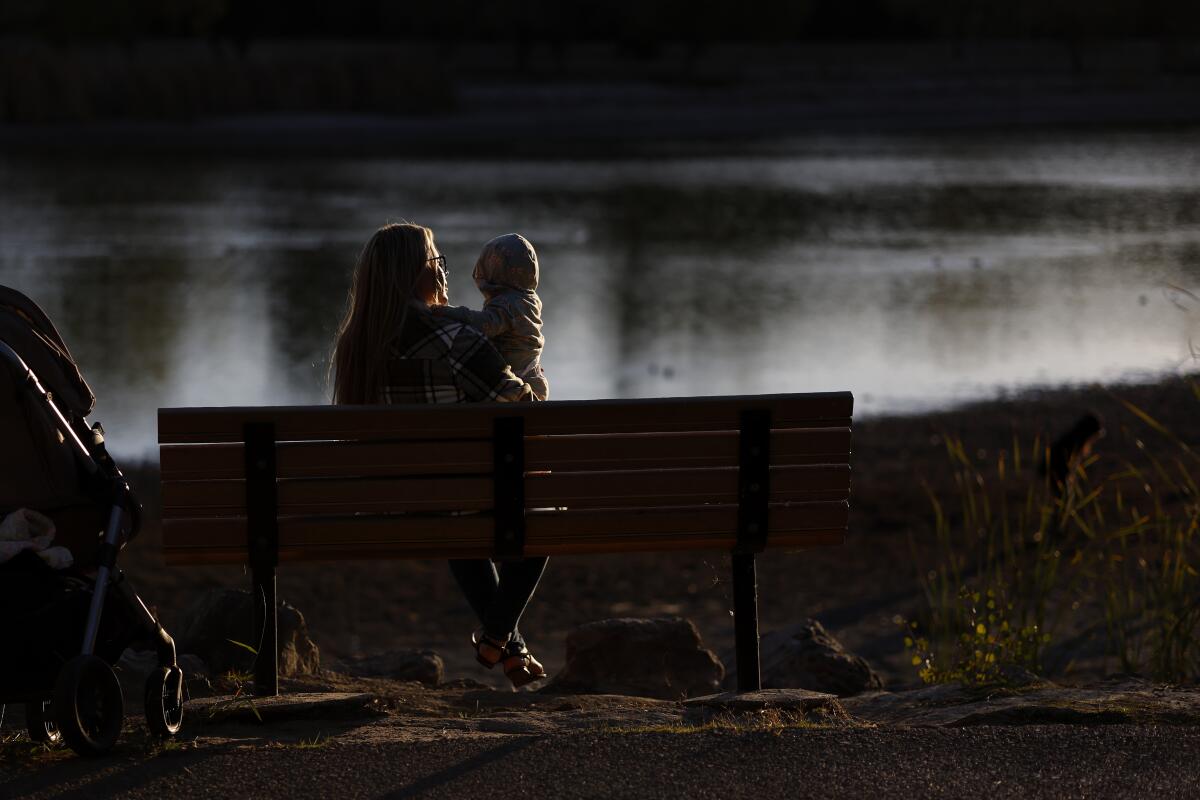Letters to the Editor: How misogynistic prosecutions play into sex traffickers’ hands

- Share via
To the editor: I am an anti-trafficking professional and former prosecutor in Philadelphia, where I prosecuted the county’s first three trafficking trials. I have trained more than 10,000 investigators in this country, and in my work I have seen that prosecutorial approaches are consistently the most difficult barrier to overcome on effective criminal justice responses to human trafficking. (“Bimbos, ‘bottom girls’ and the ugly reality of misogyny in our justice system,” column, Oct. 30)
Traffickers have learned how to protect themselves at their victims’ expense. One method they use is setting up “fall people” to suffer the consequences, including “bottom girls” like the one profiled in Anita Chabria’s column. Prosecutors do all victims an immense disservice when we play into the traffickers’ hands and punish the victims set up as fall people for surviving their exploitation.
Many states like Texas and New York are reviewing past convictions for signs of forced criminality to justify vacating and expungement, providing victims with clean slates in hopes they can move forward with their lives. But it would be better to never arrest or prosecute victims in the first place.
Rochelle Keyhan, Washington, D.C.
The writer is chief executive of the anti-trafficking group Collective Liberty.
..
To the editor: Chabria’s column correctly depicted a justice system permeated by misogyny. I would like to add the question: Where were the family members who denounced the molestation of “Allison” by her grandfather as a 3-year-old? Where were they when she was raped as a teenager by her stepbrother?
Apparently, the protection of the males in the family was more important. Obviously the mother was well aware of the abuse; otherwise she would not have called Allison a “molested whore.”
Sexual abuse and harassment and turning one’s gaze away are pervasive sicknesses in this society, and until all of us call out the perpetrators, we are co-conspirators.
Heidi Mueller, Long Beach
The writer is a retired criminal defense attorney.
..
To the editor: After centuries, lifetimes, decades of oppression — with some improvements, granted — why isn’t it possible to treat women as well as men?
The best answer I’ve been able to come up with is that men are stronger — they keep power by physical force. Of course, over the centuries, it’s morphed into more socially acceptable reasons, but behind and before all those is muscle, and it has produced incalculable cruelty up to this day.
It’s been institutionalized, so that if men commit crimes against women and the women finally fight back with another crime, she is punished. Shame!
Lynn McLeod, Palos Verdes Estates
..
To the editor: Chabria’s column on “Allison” and her upcoming sentencing for conspiracy to commit sex trafficking of children was heartbreaking and infuriating.
It is shameful that our criminal justice system punishes female victims of sexual abuse. I am grateful for Chabria’s column as it might spur action to change this grossly unjust system.
As a survivor of molestation, I would like to know what organizations are working on behalf of women like Allison who need support, not imprisonment.
Teryne Dorret, Van Nuys



